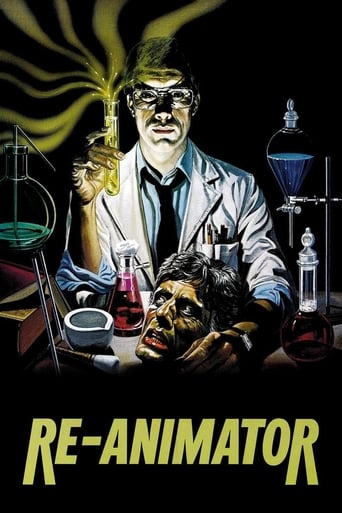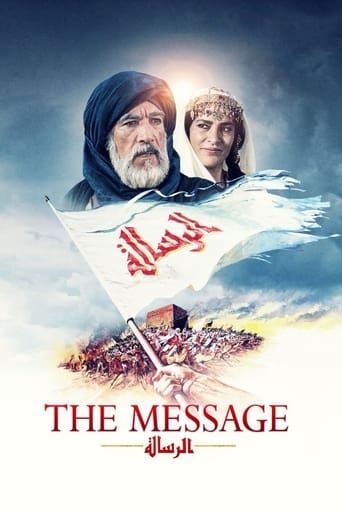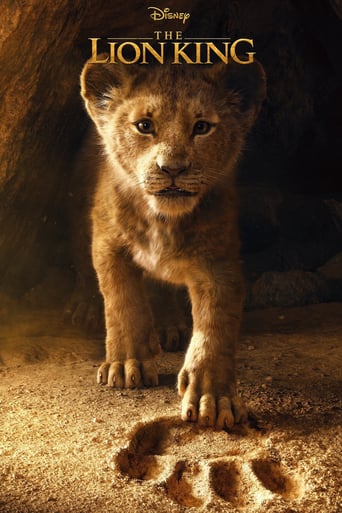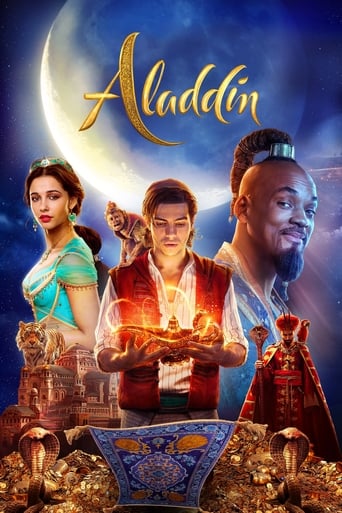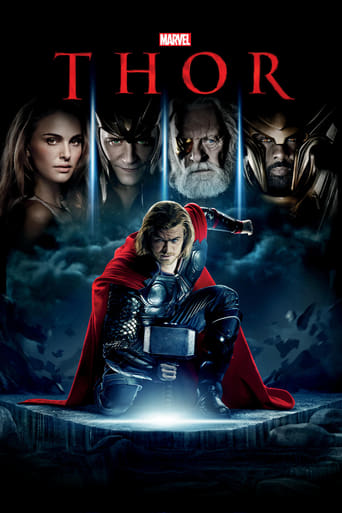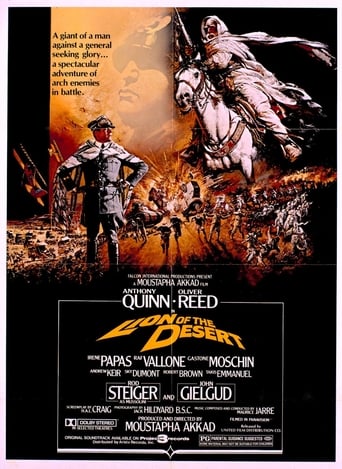


Lion of the Desert
This movie tells the story of Omar Mukhtar, an Arab Muslim rebel who fought against the Italian conquest of Libya in WWII. It gives western viewers a glimpse into this little-known region and chapter of history, and exposes the savage means by which the conquering army attempted to subdue the natives.
-
- Cast:
- Anthony Quinn , Rod Steiger , Oliver Reed , Irene Papas , Raf Vallone , John Gielgud , Andrew Keir


Similar titles
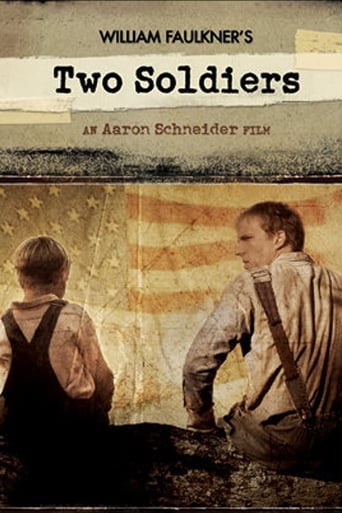
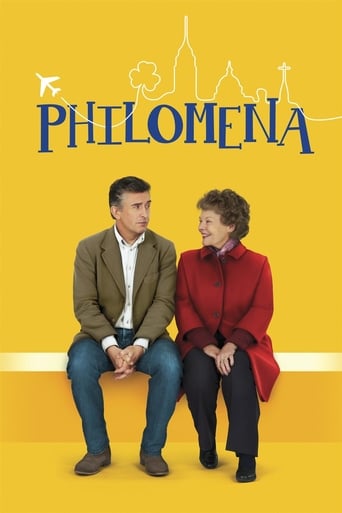
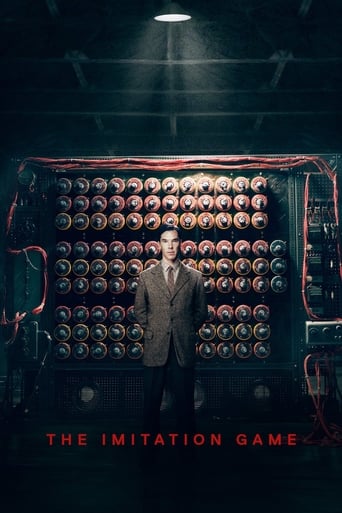

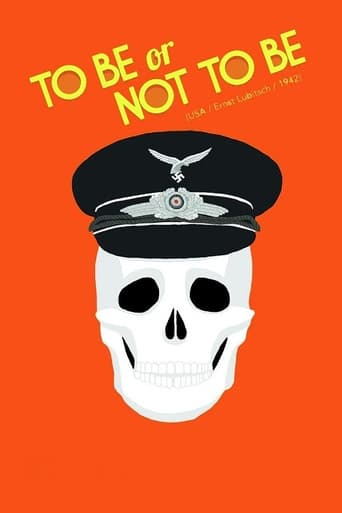

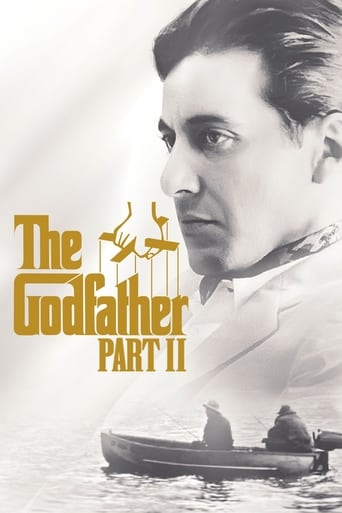
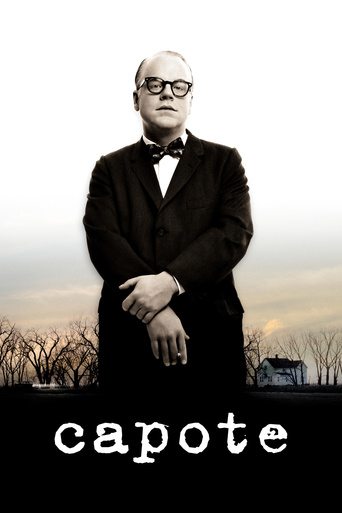


Reviews
Redundant and unnecessary.
hyped garbage
As Good As It Gets
This movie tries so hard to be funny, yet it falls flat every time. Just another example of recycled ideas repackaged with women in an attempt to appeal to a certain audience.
I have a certain degree of fascination with the life of Franco Fantasia. In addition to service in the Italian military during numerous conflicts and having bit parts in B-movies over the course of the following 5 decades, he made a great career for himself serving as a technical, military, and weapon adviser on almost every notable film made in Southern Europe. In this film he plays the Governor General following and advising a character who must have been a colleague of his in his military days, a quite menacing portrayal of General Rodolfo Graziano by the infamous unstable drunkard Oliver Reed.I count this among the many interesting aspects of the story of this film's production, along with the cooperation of the Italian armed forces (with subsequent banning in Italy for "dishonor to the Italian Military") and film industry (nice to see many Cinecitta B-movie veterans like Stefano Patrizi, Adolfo Lastretti, Tom Felleghy, etc. sharing scenes with big Hollywood talent such as Rod Steiger and John Gielgud) and the conspicuous involvement of the Qaddafi regime in funding this film. Director Moustapha Akkad had quite a storied career himself, being the only director daring enough to bring the story of the origins of Islam to the Western World with his previous film THE MESSAGE as well as play a central role in establishing John Carpenter and financing the HALLOWEEN franchise. All these elements feel like they couldn't possibly share the same space, but here they do and the results are surprisingly captivating in a way hearkening back to the best works of David Lean.To Western audiences, this film tells the otherwise cinematically untold story of a completely untaught war, that is the pacification of Libya by the Italian Army between World Wars 1 and 2. It meant the first large- scale use of concentration camps, modern technology including tanks, planes, and poison gas against completely overmatched rebels, and nearly genocidal repression of the existing Libyan population. Films like this need to be shown in schools to give history a life and faces to the facts and to make sure that these atrocities are properly learned from in future Western dealings with the Middle East. I personally applaud Moustapha Akkad and everything he stood for in trying to bridge the gap between cultures, and find it supremely tragic that it proved to be his eventual undoing. This film being such a financial failure trashed his directorial ambitions until 25 years later when he was killed in Jordan by terrorists while location scouting for a new and quite sadly unmade historical epic to focus on Saladin.Akkad loved the testosterone-laden approach to cinema, and here approaches historical cinema with all the enthusiasm of a small boy playing with thousands of army men in a giant sandbox. Unusually for historical epics, this film focuses very heavily on battles and little on personal drama and relationships, making it quite accessible for ADD Westerners such as myself and is authentic enough to history, pouring millions into tanks, uniforms, sets, etc. to the point that history buffs will get a kick out of it. Anthony Quinn really solidly displays some of his finest late-career talent in the role of Omar Mukhtar, the aging leader of the Senussi rebellion in Libya but unfortunately he's surrounded by a lot of poor casting choices for his fellow Libyans. Almost all are played by Europeans (Robert Brown, Andew Keir, John Gielgud, etc.) in bad makeup with the exception of criminally underused Takis Emmanuel.I personally prefer Akkad's directing style over David Lean in terms of action scenes and the adequate level of coverage. Two major highlights: the attack on an Italian caravan in the mountains and following artillery barrage (destroying much of the Libyan landscape) as well as the Italian assault on Kufra. Both scenes contain some surprisingly large level of production values including thousands of uniformed extras and no shortage of carnage, pyrotechnics, breathtaking special effects, and stuntwork. While there's maybe a few battles too many and the film suffers from overlength, it never sags and manages to impressively play both sides of the conflict in a fairly objective manner.This is not a perfect film, but among the historical epic category, a LION OF THE DESERT wins out as a top-shelf favorite film which accomplishes everything it sets out to do.
I'm not questioning the math of it, that part's quite clear. No, why did this not get more attention? Perhaps too few know the history, which I must admit that I, myself, was unaware of, though it feels quite authentic. It could be the violence... this is rather brutal, and there are those that would call it downright distasteful. Personally, I call it "realistic" and "not unnecessarily toned down". War is not pleasant, much less glamorous. That is a myth, perpetrated by those who wish to keep it going, the people who benefit. This gives an accurate depiction of the fighting, for both sides. Regardless of the reason, I hope that this film is no longer overlooked. Akkad directed three times, and I've now seen, and rated perfect 10's, two of them, the one remaining being an Arabic version of Mohammad: Messenger of God, which was in English. I don't know what kept him out of the chair apart from these instances, but I hope he felt he had told all that he had in him, for it would be a true shame if he did not get the chance to. The plot is incredible, and genuinely inspirational. Writing, all the way, is excellent, the credible characters with proper motivation, the memorable and quotable dialog, and the script as a whole, all amazing. The music is an epic, orchestral score. All of the effects and action are impeccable. The acting performances are beyond reproach. While this does, off course, hold some bias, I never felt manipulated or lied to, as I watched it. Instead, I was engaged and experienced a recreation of the past, and a portion of it that should not be forgotten. In spite of the listing here on the site, the cut I saw was 153 minutes, or about two and a half hours, long. There is no sexuality or language in this. The DVD comes with a theatrical trailer and a making of, produced around the same time as the feature, and they are good and well-done with that in mind. I recommend this to anyone who believes they can stomach the gruesome visuals that are found(I maintain that the use, and amount, are not gratuitous) in it. 10/10
Despite being one of the most financially disastrous films ever made (costing a lot to make, and making very little back), Lion Of The Desert is a surprisingly good epic film about the Italian occupation of Libya in 1929. The film focuses on two of the key players on each side – the Italian forces are marshaled with ruthless iron-like discipline by their notorious Colonel Graziani, while the Libyans defend themselves under the guidance of spiritual guerrilla freedom fighter Omar Mukhtar (a.k.a the Lion of the Desert). It's an interesting clash of ideals and personalities which makes for a worthwhile – if never truly outstanding – historical epic.In 1929, the Italians grow desperate as their occupation of Libya reaches crisis point. The Libyans simply refuse to accept that another country has any rights to their homeland and reject all attempts by the Italians to justify their presence there. Mussolini (Rod Steiger) sends one of his most promising and fearsome soldiers to resolve the tension – Colonel Rodolfo Graziani (Oliver Reed). Graziani's approach is one of ruthless and merciless force – he has Libyans executed in front of their families for working with guerrillas; he sets up concentration camps in the desert where Libyans are frequently hanged or starved to death; he orders his tanks to wipe out villages and towns with the aim of total annihilation. Yet somehow, against this modern army armed with their tanks and machine guns, the Libyans manage to fight back under the guidance of an elderly freedom fighter named Omar Mukhtar (Anthony Quinn). Mukhtar continually embarrasses his mighty opponent by leading cunning Arab attacks against them. They come from the desert like lightning, strike at the Italian soldiers and communication lines, then fade back into the landscape before they can be caught or killed. It is nearly two years before Graziani finally captures and hangs Mukhtar in front of his people, hoping to finally crush the spirit of the Libyan resistance.Lion Of The Desert has plenty to admire. Quinn's performance as Mukhtar is certainly very convincing, and Reed belies the fact that he was making one terrible film after another at this point in his career by turning in a very menacing portrayal of Graziani. Both of them almost have the film stolen from under their noses by Rod Steiger's immense cameo as Mussolini – exuberant acting by an exuberant actor. The film is also strong during the battle sequences – the size of the forces involved is impressively captured in some genuinely epic-scale clashes, and we are spared nothing of the unpleasant reality of combat. People are shot to pieces, tanks roll over legs and bodies crushing the lifeblood from them, and none of it is hidden or glamorised for the viewers. We certainly get to glimpse the full horrors of a battlefield. There are still flaws with Lion Of The Desert, one being the unfathomable decision to have several well-known British actors play Libyan freedom fighters. With their too-proper Queens' English accents, blue eyes, and fake-tanned skin they look foolish rather than convincing. Poor John Gielgud suffers most of all in this manner. Also the film's narrative is not always as clear as one might hope, with some characters and events that don't feel as if they've been developed properly and come across as rather hard to follow. Generally-speaking Lion Of The Desert is a good film though, certainly worth a look.
Although I strongly disagree with the ban issued by Italian authorities (which represents an infringement upon the filmmaker's freedom of expression and the viewers' freedom of documentation), I cannot help but think that the film is pure negative propaganda against the Italian army and the Fascist colonial policy. Moreover, it is propaganda boarding on caricature. Rod Steiger as Mussolini is not much different from Charlie Chapling (or Mel Brooks) imitating Hitler. Antony Quinn, as Omar Mukhtar, is.....too good to be true. The film is certainly highly professional; the reconstruction of Palazzo Venezia (Mussolini's headquarters) stunning and the accuracy in re-creating the 1922 weapons very credible. Colonialism was definitely a sad page in Western History, but it cannot be judged with the 21st Century mentality. By depicting the Italians "all bad", and the Muslims "all good", I am afraid we open the road to a future film where the Westerners will be, once again, "all bad", whereas the "all good" will be Osama Bin Laden

